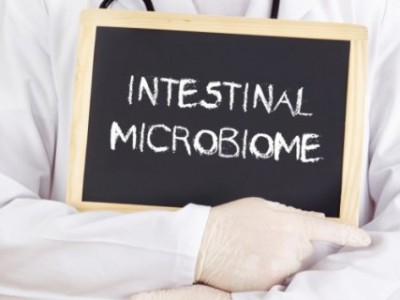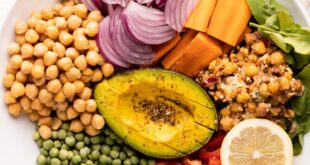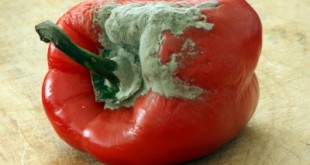You walk from one room to another and forget why you went in there. You open a phone book to look up a number, and … now what was I looking for? A senior moment? Maybe. But there may be another explanation.
The Microbiome-Gut-Brain Axis
Recent research indicates a connection between the brain and the gut. Micro-organisms living in the intestines are known as gut flora or the microbiome. The pathway between the brain and the gut is called the microbiome-gut-brain axis.
It’s estimated that we have ten times as many bacterial cells in our body as human cells. The gastrointestinal (GI) tract is also equipped with its own nervous system containing so many neurons that it is often referred to as “the second brain.”
Microbiome Disruptions
(1) Leaky Gut Syndrome — A dysfunctional bowel wall can allow substances (toxins, microbes, waste) to enter the bloodstream causing chronic inflammation. Healthy gut flora helps boost the integrity of the intestinal wall and prevent this permeability.
(2) Irritable Bowel Syndrome (IBS) — Many patients with IBS also report memory difficulties. One study suggests that probiotics are helpful in preserving memory during intestinal infections.
(3) Antibiotics – Though necessary at times, increased exposure to antibiotics, whether through medicine or agriculture, can disrupt the microbiome. This can lead to problems with inflammation and have an adverse effect on brain health.
(4) Stress — Besides producing anxiety, stress can also be “felt” by the bacteria in the gut. A continuum ensues: Stress affects the brain > The brain produces an imbalance in the gut bacteria > This imbalance produces problems in the brain.
(5) Anxiety, Depression, PTSD — Since 95% of serotonin, the “feel good” hormone, is manufactured by gut bacteria, beneficial bacteria has a significant influence on mood and GI activity. Although research regarding gut bacteria’s effect on psychological well-being is still in its infancy, the possibility of probiotics to help in treating anxiety disorders is encouraging.
(6) Metabolic Disorders — Poor microbiome function has also been linked to Type 1 Diabetes, Metabolic Syndrome, and Rheumatoid Arthritis.
Probiotics and Healthy Choices
Although we can’t always avoid antibiotics or antibiotic-laden foods, we can offset some of the effects with the use of probiotics. In one study of immuno-deficient mice, evidence indicated that probiotics can help overcome the deficit in the gut-brain-mirobiota axis.
* Fermented foods (sauerkraut, kefir, kimchi, pickles) and probiotic supplements are key.
* When possible, avoid substances that destroy beneficial bacteria (acid-blocking drugs, environmental toxins, pesticides, chlorine, etc.)
* Include foods that contain prebiotics (non-digestable food compounds that stimulate the growth of good bacteria): Asparagus, carrots, garlic, Jerusalem artichokes, onions, radishes, and tomatoes.
* Consume healthy fats and proteins.
Life-Giving
Pro means “for,” and bio means “life.” Probiotics are life-giving for our bodies and health. But for eternal life-giving, you need Jesus.
“He that hath the Son hath life; and he that hath not the Son of God hath not life.” (1 John 5:12 / KJV)
If you have tried probiotic supplements, what positive changes have you seen in your health?
 The Bottom Line, Ministries Christian News, Articles, & Poetry
The Bottom Line, Ministries Christian News, Articles, & Poetry 





Very good information! I am a recent user of Probiotics and I feel they really do make a difference. They help with a quick recovery from many viruses as well.
Thanks for a great article!
Thank you so much, Lisa. I really appreciate you sharing that! I also take them, along with other supplements, and I truly believe they are a crucial part of good health (especially our immune systems).